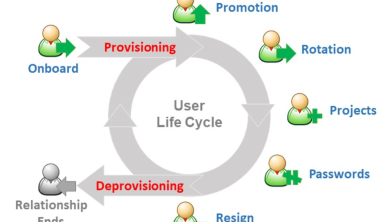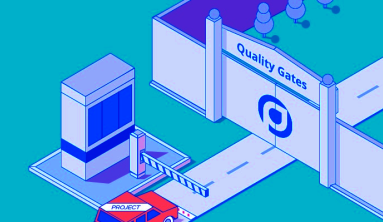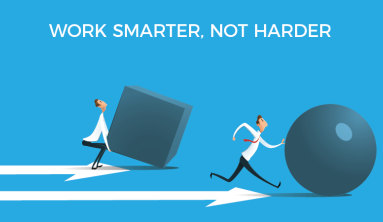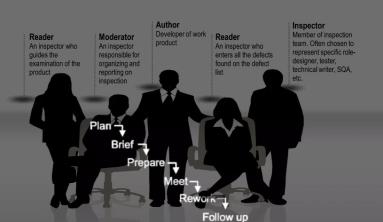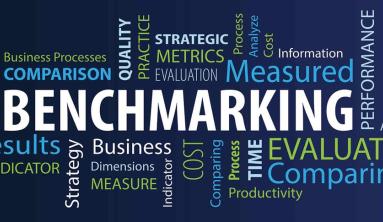How important is customer acquisition and retention to your business? If you answered anything other than "It's critically important," you probably have problems software can't solve. But for the rest of us, understanding customers and tailoring products and services to their needs is critical to financial profitability and growth. There is a wide range of business software designed to support those goals, but sometimes, deploying these tools can create the opposite result.
Companies often grow in an ad hoc way, piecing together software solutions in a tactical fashion to meet immediate needs. You need accounting so you get a financial management package like QuickBooks. You may also need a system to help manage your inventory, order processing and fulfillment, although some companies try to handle all of this with excel. Many companies need online shopping functionality, so you roll out an ecommerce software solution. If you have a services organization, you likely have an application to handle project management and billing. Some customer data is stored in all of these places mentioned, but most growing companies also need a customer relationship management (CRM) system to manage their leads and prospects. Eventually, this software hairball of unconnected systems with duplicate information leads to increased costs, inefficiencies, and errors.
The harmful impact on the business is clear when information is contained in separate silos. For example, with a stand-alone CRM that is not integrated with back office systems, a salesperson has no way of knowing when an order processes, if a customer receives a delivery or pays an invoice. That creates missed opportunities to contact the customer, to cross-sell or upsell, or just to build the relationship. Customer response time lags while employees chase down information across departments. Those missed connections are repeated across the business.
Choosing the right integrated system, one that is compatible with your business and is flexible and scalable enough to support your business as it grows, will help improve your customers' experience.
Grow Customer Satisfaction
Integrating business systems that centralize accounting, order management, CRM, and ecommerce processes give your people a single data source to draw on for all things customer related. When everyone has access to the same customer information and transactions, it's easier to respond quickly to customer inquiries. It allows salespeople to spot opportunities to cross-sell and upsell, and teams can confidently track pending orders, service issues, or overdue invoices. Real-time visibility into the customer transaction means employees can provide a more consistent service experience, building customer satisfaction and developing longer term, more profitable relationships.
At the same time, end-to-end information is immediately available to individual teams. Your marketing, finance, sales, and inventory managers can all pull the exact data they need to understand trends and improve the accuracy of their forecasting. Because they all draw from the same data source, your company will have a more holistic insight into customer behavior at each stage of the transaction. More comprehensive insight allows the business to plan promotions, approaches, or new products that will win and retain more customers.
Streamline and Accelerate Business Processes
Separate systems generate a great deal of administrative work for a business. Reconciling orders with payments, updating customer transaction details from one system to another, or checking whether products ordered are in warehouse inventory are all common manual processes when using separate systems. These manual processes allow errors to creep in and eat up time that could be better spent on tasks that improve the customer experience and help a company grow.
When systems are integrated, processes from order management to procurement become streamlined and more accurate. That's better for your customers, who can be kept informed of the progress of their order and advised of changes quickly. Integration also means time-consuming manual processes are eliminated or significantly reduced, freeing up employees for more productive work.
Benefit from More Reliable IT
Separate systems demand separate maintenance, updates, and careful handling to ensure they don't cause problems where systems are forced to interact. For IT, this means a complex environment that requires engineers to be knowledgeable across a range of different products and to use their valuable time cobbling them together. An integrated system housing financials, orders, CRM, and ecommerce information in one central database is much simpler to maintain and involves less administrative support around licensing and end-of-life issues. Introducing an integrated system makes it easier for IT pros to ensure the reliability customers and employees expect.
Set Up New Operations
Having a global integrated system in place ensures new or expanding locations can quickly be brought on stream. With unified order and account management processes and data, the business can establish new sales channels and easily integrate them into the reporting and forecasting functions. Instant visibility into performance lets you assess and respond quickly to increased, or changing, customer demand.
Conclusion
Knowledge is power, especially when it comes to knowing your customers. But if knowledge is siloed in different systems that are inaccessible or awkward to connect, you're limiting the power of your business to attract and serve more customers, increase profit and expand strategically. An integrated business software suite that aligns your accounting, inventory, CRM, and ecommerce systems helps unleash the power and potential of your employees and your company.
Source: netsuite

